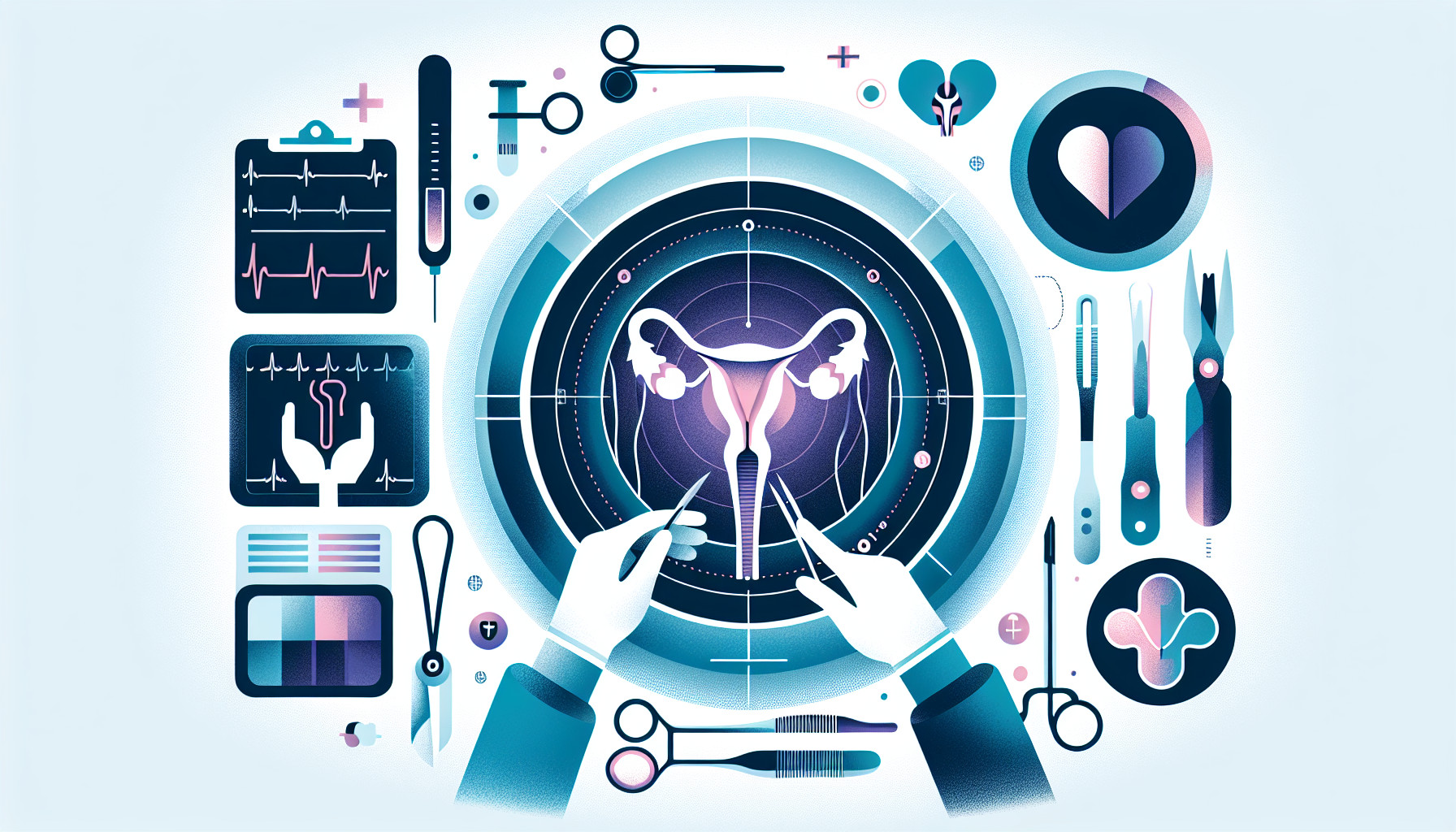Our Summary
This research paper is about a condition called varicocele, which is when the veins in a man’s scrotum become abnormally large. This condition has been linked to infertility, because it can negatively affect sperm production. The paper suggests that varicocele can also harm a certain type of cell (Leydig cells) that helps produce male hormones. Men with varicocele often have lower levels of testosterone, a key male hormone.
The paper looks at evidence that removing the varicocele (a procedure called varicocelectomy) can reverse some of these negative effects and help improve hormone production. The paper also discusses who might benefit most from this procedure. Keywords for the paper include terms related to male hormones, sexual function, and varicocele.
FAQs
- What is a varicocele and how is it associated with infertility?
- How does varicocele impact testosterone levels in men?
- Can varicocelectomy surgery reverse the negative effects of varicoceles on androgen production?
Doctor’s Tip
A helpful tip a doctor might tell a patient about varicocele surgery is to follow post-operative care instructions carefully, including avoiding heavy lifting and strenuous exercise for a certain period of time to allow for proper healing. It is also important to follow up with the doctor for any concerns or complications that may arise after the surgery. Additionally, maintaining a healthy lifestyle, including regular exercise and a balanced diet, can help support overall reproductive health post-surgery.
Suitable For
Patients who are typically recommended varicocele surgery are those who are experiencing infertility, as varicocele has been linked to impaired sperm production. Additionally, patients with lower serum testosterone levels and impaired Leydig cell function may also benefit from varicocele repair. Men with symptoms such as erectile dysfunction or hypogonadism may also be recommended for varicocele surgery, as it may help improve testosterone levels and overall hormonal balance. Overall, varicocele surgery may be recommended for patients who are experiencing negative effects on their reproductive and hormonal health due to the presence of a varicocele.
Timeline
Before varicocele surgery:
- Patient may experience symptoms such as pain or discomfort in the scrotum, especially after physical activity or standing for long periods
- Patient may have been diagnosed with infertility or low sperm count, as varicoceles are known to negatively impact sperm production
- Patient may have undergone fertility testing and examinations to determine the cause of infertility, which may have led to the diagnosis of a varicocele
- Patient may have tried other treatments such as medication or lifestyle changes to alleviate symptoms or improve fertility with limited success
After varicocele surgery:
- Patient undergoes varicocelectomy, a surgical procedure to repair the varicocele and improve blood flow in the testicular veins
- Recovery time varies but typically involves a few days of rest and limited physical activity
- Patient may experience temporary discomfort or swelling in the scrotum after surgery
- Over time, patient may notice improvements in symptoms such as pain or discomfort, as well as improvements in fertility parameters such as sperm count and quality
- Patient may undergo follow-up testing to assess the success of the surgery and monitor any changes in fertility outcomes
Overall, varicocele surgery aims to improve symptoms, restore fertility, and potentially improve testosterone levels in patients with varicoceles.
What to Ask Your Doctor
- What are the potential risks and complications associated with varicocele surgery?
- How long is the recovery period after varicocele surgery and what can I expect during this time?
- Will varicocele surgery improve my fertility and increase my chances of conceiving a child?
- How soon after the surgery can I resume sexual activity and exercise?
- What are the success rates of varicocele surgery in improving testosterone levels and overall testicular function?
- Are there any alternative treatments or approaches to managing varicocele that I should consider?
- How long do the effects of varicocele surgery typically last and will I need any follow-up procedures in the future?
- Are there any lifestyle changes or medications that can help support the success of varicocele surgery?
- How will varicocele surgery impact my overall hormonal balance and sexual function?
- What should I do if I experience any complications or concerns after the surgery?
Reference
Authors: Hayden RP, Tanrikut C. Journal: Urol Clin North Am. 2016 May;43(2):223-32. doi: 10.1016/j.ucl.2016.01.009. Epub 2016 Mar 21. PMID: 27132580
